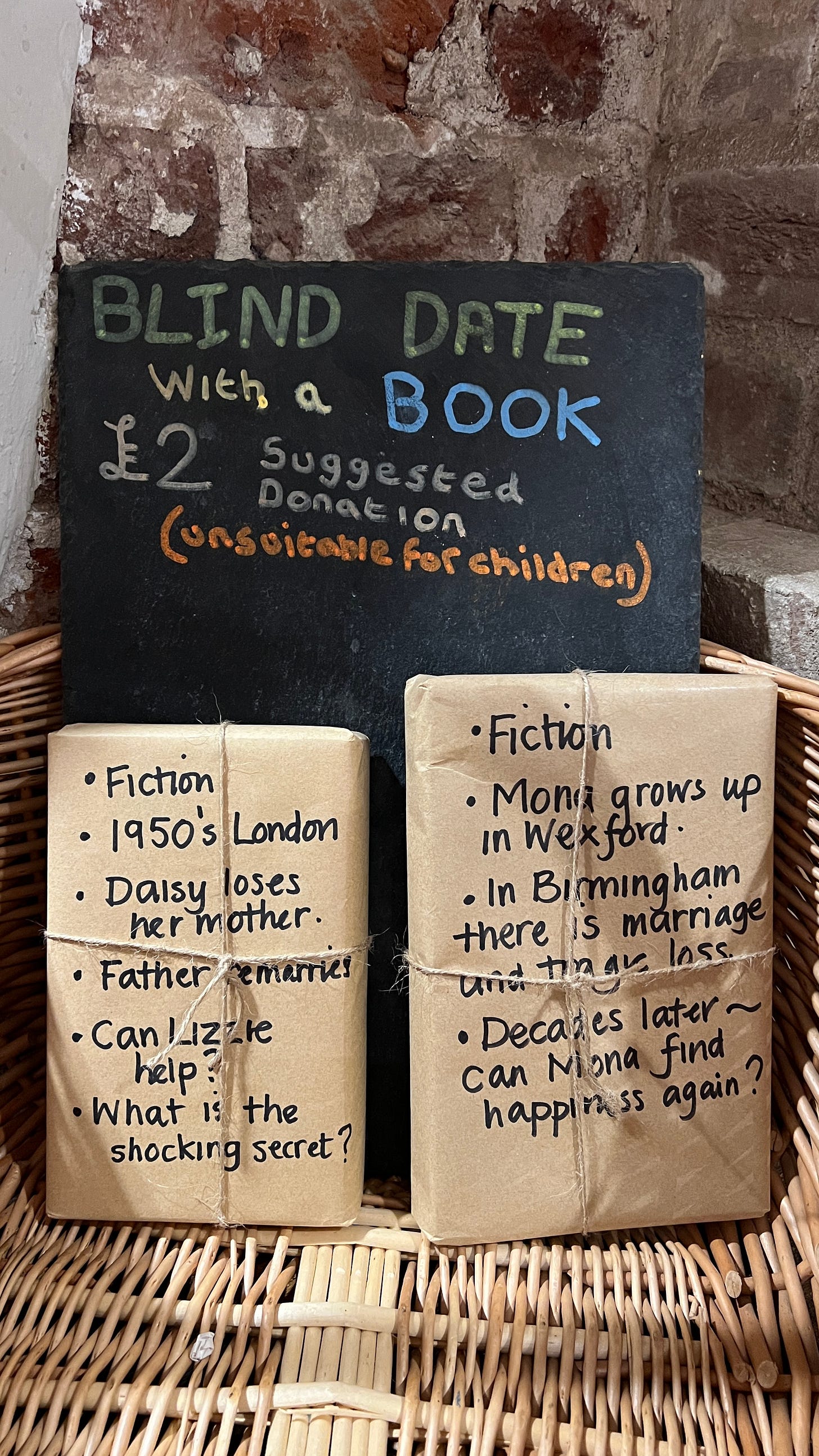FF#12 - Should Children Have To Finish Their Books? 🥦
Friday Footnotes #12 - the weekly newsletter for parents who care about reading
Welcome to Friday Footnotes, a weekly newsletter from Storygram Parents. It’s even got pictures 🙌
Each week I touch on reading, parenting, motivation, children’s books, education, writers, and whatever else catches my attention. Enjoy!
This week’s footnote 🧐
Just one footnote1 as I’ve been away this week. Leave a comment with your take!
Should children have to finish their books? 🥦
Growing up, were you made to eat your greens before being allowed dessert?2 In our home, sweet food was sometimes used as an incentive (bribe) to encourage us kids to finish healthier food.
Should children be forced to finish their books, just as I was forced to finish my healthy food?3

Both reading and eating involve taste and nutrition, of sorts. Just as not all food is nutritious, not all books are good for us. And just as children need encouraging to develop a taste for greens, they also need nurturing to develop a habit to read good books.
With Storygram Parents, motivation is my number one goal. Once a child is motivated to read, they will become a reader.
But does forcing children to finish every book:
motivate them to read more? Or,
develop their tastes?
Example one: Marcus Rashford’s Self Help Book
I mentioned a few weeks ago that I’m helping one child to enjoy reading more. One book on the list was Marcus Rashford’s You Are a Champion. I was hesitant to put it on the list; it’s basically children’s self-help, and is almost certainly not written by him. But he was given the book as a gift, so we went with it.
At first, he enjoyed the book, but after a while he found it boring. When I asked him questions about it, he had legitimate issues with it. He felt the book focussed too much on Rashford’s extraordinary footballing achievements. Our kid is not very sporty, but the book is heavy on sports analogies. He also seemed repelled by the self-help lingo, which I thought quite sensible.
In this scenario, with the child providing thoughtful rationale from reading a decent portion of the book, I am inclined to suggest he can shelve it. We might mark it as ‘unfinished’ on his reading list, so he doesn’t gain the full points. But he has gained points for reading each chapter, and he’s given a clear case for why he’s not enjoying it that is more related to content than a lack of reading discipline.
In this scenario, seeking to avoid the trap of reading-as-a-chore seems more important than finishing what might be a ‘bad’ book for the sake of it.
Example two: Treasure Island
A hypothetical case now: if a child is given a classic children’s book such as Treasure Island and decides halfway through that they do not like it or are struggling to understand it fully4, how do parents respond?
This is closer to “eat up your greens”. Classic books have stood the test of time, read by multiple generations. They help us to think about life beyond our limited view. They are more alike to an Ottolenghi salad—healthy, varied, and delicious—once you become accustomed to the flavour.
In this scenario, children might need to learn encouragement and discipline to push past their initial reaction to sprouts (even if they discover much later on that their parents don’t like them either). Or perhaps it’s about letting them pause the book and return in a year when their reading confidence is higher.
Summary
If we don’t grow and develop in our tastes from childhood, we miss out on the abundance of choice and flavour the world offers us. Like the friend who still doesn’t enjoy eating olives or almonds at thirty, children who aren’t encouraged to read beyond their immediate interests will have their reading experiences limited by their childish tastes.
Adults have every right to put a bad book down. There are too many books to read to force your way through all the bad ones. But children don’t fully appreciate the difference between good and bad yet. And that’s where parents come in.
Can I ask a favour? 🙏
If you could comment, share, or like our articles, it helps the algorithm make good choices 😜
Perhaps you can think of one parent who might be interested to send the link to?
Thank you so much! ❤️
Quote of the week:
“When I was ten, I read fairy tales in secret and would have been ashamed if I had been found doing so. Now that I am fifty I read them openly. When I became a man I put away childish things, including the fear of childishness and the desire to be very grown up.”
— C.S. Lewis, On Three Ways of Writing for Children5
That’s all for today. Have a wonderful weekend. 😊
Graham
Footnotes: thoughts I’ve had, things I’ve read, or just about anything of interest that I felt worth making a little note of somewhere during the week.
Nowadays I have to run (quite a lot) thanks to my habit of needing something sweet to complete a meal…
It seems unbelievable that I would need any coaxing to eat my mum’s delightful cooking. I was clearly a very ungrateful little sprog.
The language in Treasure Island does require some mental energy to translate, whether you’re trying to understand the pirates or the plot!
Thanks to Ed for the tip off to this essay by C.S. Lewis: On Three Ways of Writing for Children - more on this in next week’s Footnotes, I think!



I love the excellent C. S. Lewis quote of the week. 🌟